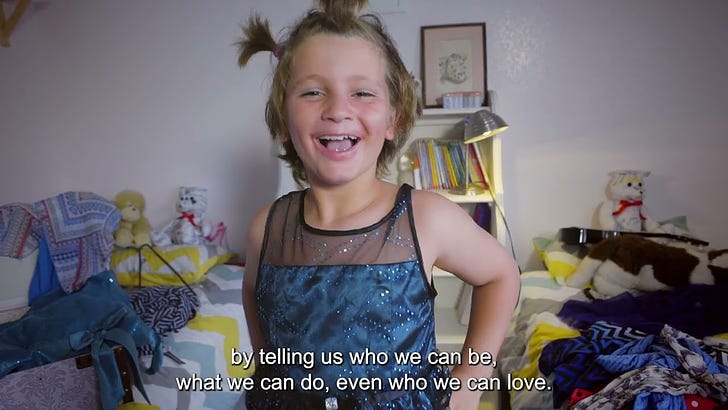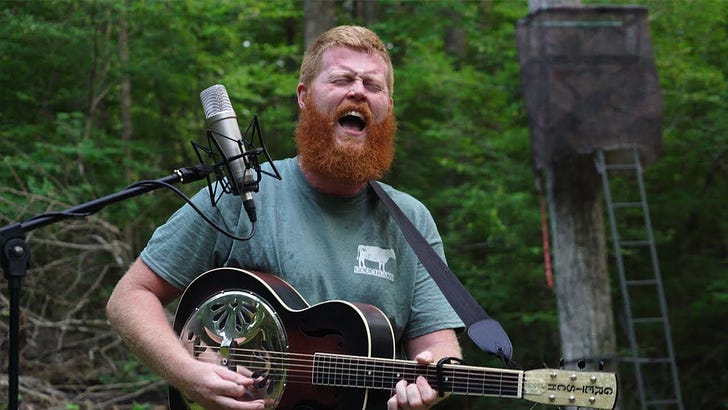The Freedom to Learn
This school year it's time to defeat the right-wing attacks on public schools
Around the country students are going back to school. It’s a good opportunity for everyone who believes in public education to take stock. There’s a lot we can do in the year ahead to fight for the schools that children deserve.
Since 2020, a loud minority of white parent groups have been attacking public schools and teachers. These groups, funded by right-wing billionaires, have been given a disproportionate platform in mainstream media outlets. And the damage cannot be understated. They have banned books that affirm the identities of Black and brown children and queer kids and families. They have suppressed honest conversations about race, gender, and systemic oppression. They have polarized and undermined support for public schools.
The fight to protect anti-bias and anti-racist education hits home for me. When I think about my teaching, some of my proudest and most joyful memories are of the times I got the right books into the hands of my students. I remember how excited one of my fifth graders was to take home When Harriet Met Sojourner. I remember how one of my third grade boys read Max Loves Muñecas over and over again. When I think about books like these being removed from classrooms it hurts my heart.
I also know that age-appropriate conversations about race and racism are possible for elementary school students. I engaged students of all racial backgrounds in these conversations. They continually inspired me with their thoughtfulness and willingness to grapple with tough topics.
Despite the harm that groups like Moms for Liberty have already caused, there is good news. Although they have powerful allies, the majority of Americans reject their divisive ideas.
Anat Shenker-Osorio is an expert in political communications and strategy. She is the host of the podcast Words to Win By. On Twitter (refusing to call it X) Anat recently outlined how a “freedom to learn” message outperforms the parental rights language.
Why is this important? Because 2023 may be an off-year for elections, but there are hundreds of school board elections across the country. Many of these will be taking place in suburban districts where the attacks on educational freedom have been especially concentrated. There will also be elections in larger districts including Saint Paul, Charlotte-Mecklenburg, Wichita, Cincinnati and Columbus. I will be looking into ways to support the right candidates in these races and I’ll report back to you.
In the mean time I can share that Showing Up for Racial Justice is organizing efforts to elect school boards that support well-resourced and inclusive schools. It’s also worth finding out who are the members of your local school board and what are the current issues on their agenda. Despite school boards receiving unprecedented amounts of news scrutiny, overall their work goes unexamined by the communities they serve.
Regardless of where we live and how we get involved, we can promote “freedom to learn” rhetoric as a way to neutralize the “parental rights” langauge. It makes sense to me why “freedom to learn” is an effective message. Firstly, it’s a positive framing. It also evokes the “freedom of speech” and gets to the heart of so-called parental rights’ groups attacks.
Creating schools where all kids have the “freedom to learn” is a big project however. Fighting back extremist takeovers of our school boards is just the first step.
In the 1960s, the civil rights movement used freedom schools as a key tool for liberation. Freedom schools served learners of all ages. They provided Black children with schooling that celebrated their identities and histories. They also helped adults vote and organize. When we think about fighting for “freedom to learn” in public schools, we should uplift this history as well.
Demanding kids have the “freedom to learn” begs the question, “freedom to learn what?” Defeating book bans is the floor. True freedom to learn requires all students to have access to teachers who are ready, willing and able to do the following:
See limitless potential in all their students.
Teach a curriculum that includes diverse histories and sources of knowledge.
Teach students the skills they need to thrive academically and socially.
These were the values undergirding the original freedom schools. These are the values we should keep in mind when we fight to reinstate freedom in public schools today.
Other Recent Writing
“The Klondike Gold Rush” History Daily





